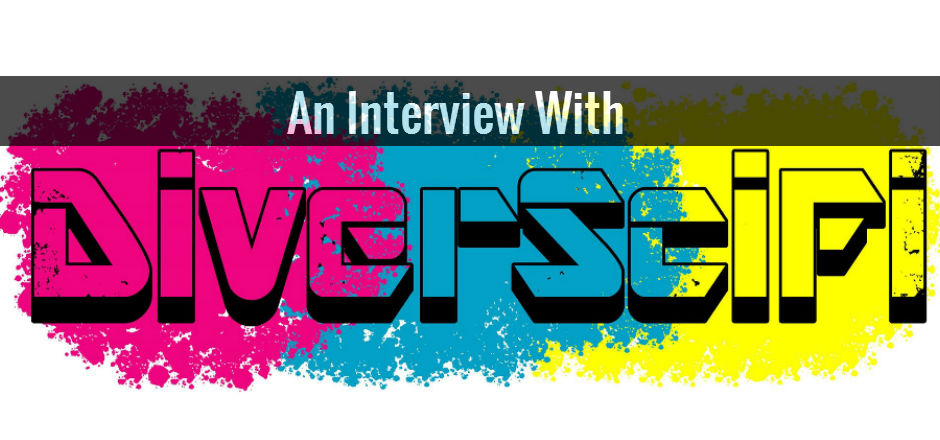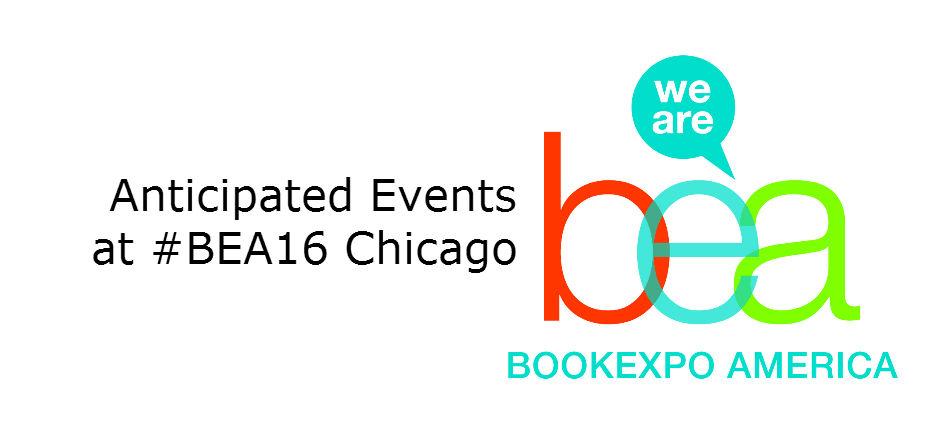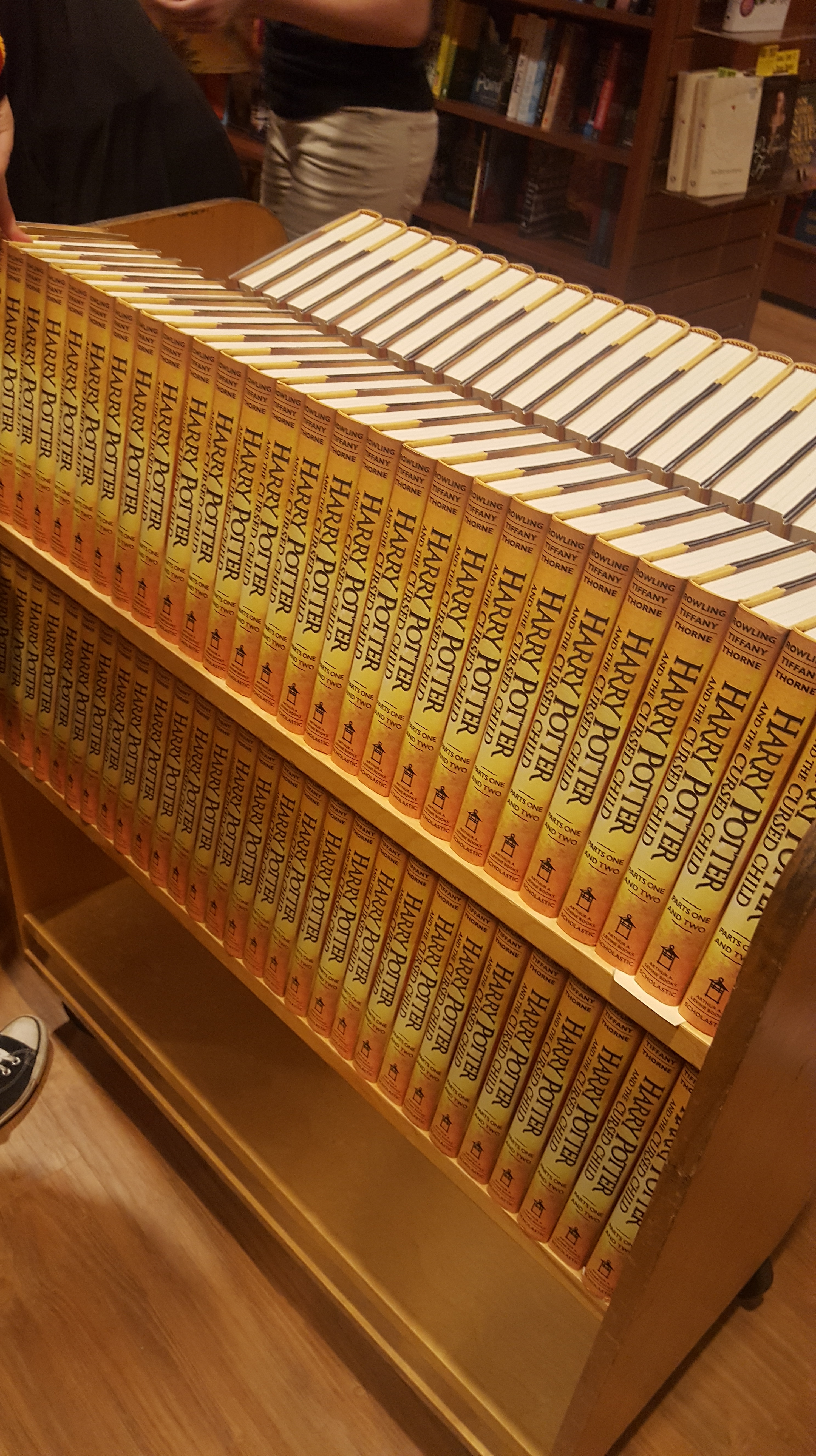Disclaimer: While this article expresses the views and experiences of LGBTQQIAP individuals in the geek community, it by no means aims to be comprehensive or definitive, nor is its intent to speak for any whole community’s experiences.
All month at Girls in Capes, we’ve been celebrating the LGBTQ community and its intersections with the GIC community. We’ve addressed a diverse range of sub-communities—anime and manga, live action television, and literature—and set out to increase visibility and promote education. It’s been a great issue, and we’ve certainly achieved those things. In her Editor’s Letter at the beginning of the month, Editor Feliza Casano further proclaimed this month’s issue to be about “sharing experiences and discovering new stories.”
To close out the month and our LGBTQ issue then, I set out to do just that: pursue shared experiences and discover new stories, and then bring them to you with the intent of increasing visibility in and providing further education for this huge community we share. How better to do that than to reach out to the community itself?
Over the past month, I’ve had the absolute fortune to speak with members of the geek community who identify as LGBTQQIAP, hear their stories, and learn about their experiences. I spoke to friends, acquaintances, friends of friends, and even people who, responding to my social media outreach, trusted me with their words despite having never met me before. I spoke to people of varying gender identities and sexual orientations, and people who elected to forgo labels that fall under the LGBTQQIAP acronym in lieu of others. To everyone with whom I spoke, thank you for trusting me with your stories and experiences.
I originally intended to compile the answers I received and present a sort of summary or address on the state of LGBTQ-identified individuals in the geek community, but after reading everyone’s words over the past several days, I decided there’s no way I can do them justice. Instead, I’ll let their stories speak for themselves with some bare-bones discussion on my part.
I invite you to engage yourself with their words too, and while all participants have been kept anonymous, we open up for all our readers to join the dialogue as well, should you feel comfortable.
On Gender
Regardless of the gender identity of the person with whom I was speaking, gender was one of the most prevalent themes in all of my conversations. While it was unanimous that gender wasn’t an issue amongst communities of close friends, many respondents shared that they either didn’t disclose their gender identity in larger sub-communities—particularly gaming ones—and instead let other players stick with their preconceptions so as not to deal with the resultant discrimination. Even respondents I spoke to who identify as cisgender males and had not been discriminated against on the basis of gender discussed having been put off by such attitudes toward gender identity.
On Sexual Orientation
Like gender, it was nearly unanimous that sexual orientation wasn’t an issue amongst groups of close friends, though in larger groups it wasn’t something widely broadcast, simply because it isn’t something that would be so broadcast in everyday life. While reactions to sexual orientation when it was disclosed varied depending on the sub-community in which the speaker belonged, those identifying as non-monosexual expressed a unanimous worry about fetishization by the community.
On the Geek Community: Gaming
When it came to gaming sub-communities, everyone I spoke to was at least prone to wariness if not sharing a negative experience, despite the gender anonymity afforded by features like character avatars. As members of the gaming community, some people said they remain aware of the positions in which they put themselves so as to avoid discrimination, while others shared that they avoid community altogether so as to not encounter discriminatory behavior, even if they aren’t a direct target thereof.
On the Geek Community: Fandom and Other Sub-Communities
Especially when compared to experiences in gaming sub-communities, the experiences shared with me about fandom and other communities were resoundingly positive. There were, naturally, the acknowledgements that such communities “aren’t without their drama,” and that “there will always be someone who thinks that you are wrong … whether it be about a ship or a theory,” but those were waved off as easy to scroll past or not engage in, especially given that they’re more rooted in a difference of opinion than any discriminatory behavior.
On the Non-Geek World
When asked about how identifying as LGBTQ in the geek community compares to identifying as LGBTQ in people’s lives outside the geek communities, there was a resounding inclination to lean in favor of the geek community. There were plenty of reasons why, but the most frequent were because of the anonymity and flexibility it affords in terms of gender identity and presentation, as well as the increased ease in connecting with or avoiding other individuals.
On Speaking Out
While it was unanimous that no one discloses their sexual orientation to people other than close friends, and that gender identity is something rarely shared, nearly everyone I spoke to expressed that they’ve stepped up and expressed their identity in defense of others facing discrimination. Another strong sentiment expressed throughout my conversations was a sense of kinship within the geek community: as members, regardless of our identities, we stick up for each other.
In Conclusion
Given the throughlines in all my conversations, it’s clear where the geek community can improve: above all, there needs to be more representation of non-cis male gender identities, particularly in the gaming community. Members of the community need to be more mindful of their words and actions, and developers need to be creating more representative characters. For all the negativity though, there’s positivity: everyone I spoke with is clearly a staunch ally, and most have at least one ally in their close communities. Even the negative stories I heard seemed to occur on a less negative basis than positive ones. The geek community certainly has a ways to go, but if my conversations are any indication—and I’m sure they are—it has some incredible people leading it along the way.












